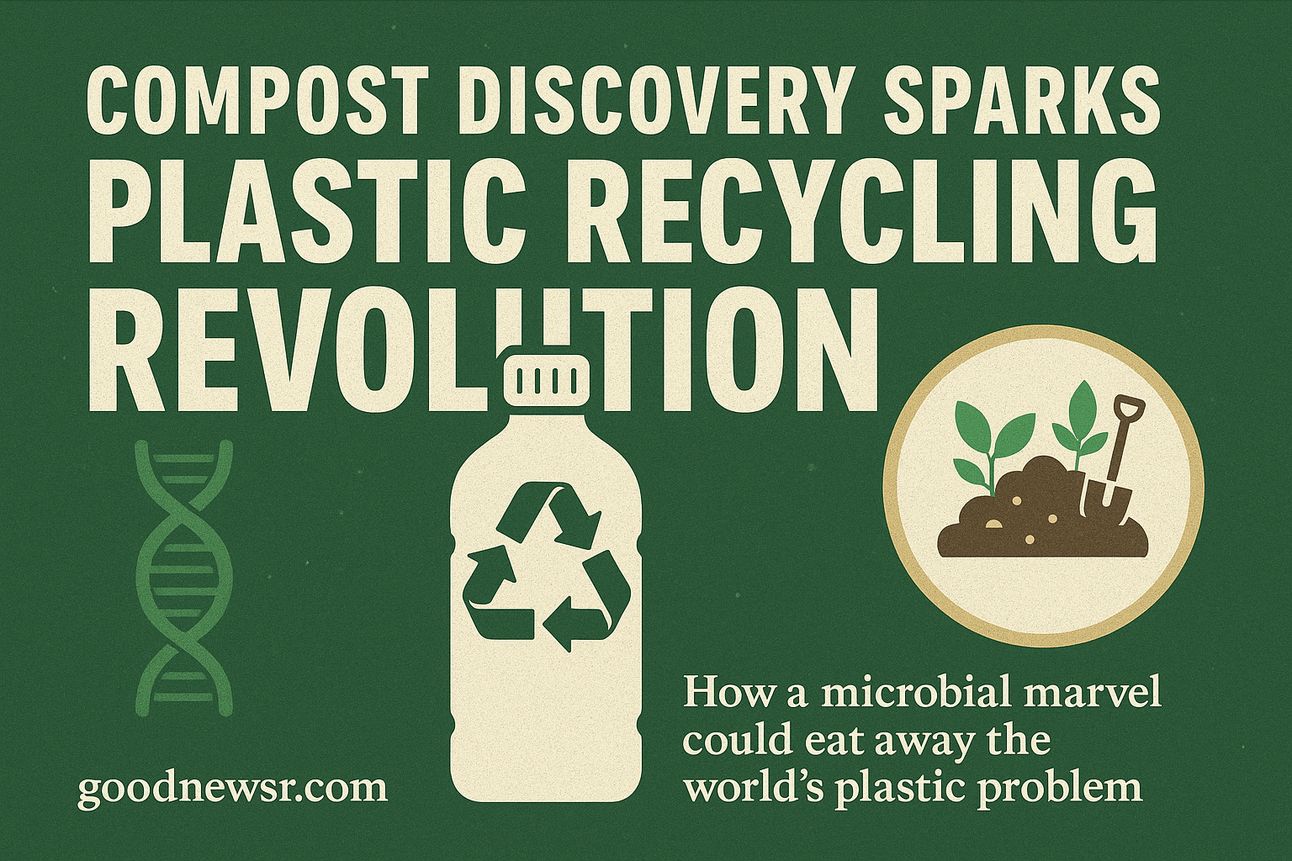In a twist straight out of science fiction (but thankfully very real), a team of German scientists has made a groundbreaking discovery while poking around… a compost heap. And no, it’s not a new species of sentient turnip—it’s something potentially far more useful: an enzyme that devours plastic.
Yes, you read that right.
A “Green” Enzyme with Industrial-Scale Promise
Biotech startup DEMETO Labs uncovered this enzyme in a common backyard compost pile. Under a microscope and with a little coaxing, it revealed an astonishing ability: the power to break down PET (polyethylene terephthalate)—one of the most common and persistent plastics used in water bottles and packaging—into its base materials.
Unlike traditional plastic recycling, which often "downcycles" materials into lesser products, this enzyme-based process allows for true recycling—rebuilding the plastic into new, food-grade packaging again and again.
Oh, and did we mention it works fast? We're talking hours, not centuries.
Headed for Commercial Scale
Even more exciting: this isn't a pie-in-the-lab petri dish dream. The enzyme is being scaled for industrial use and is expected to enter full commercialization within the next 12–18 months. That puts this eco-hero on track to revolutionize the $500 billion global plastic industry—and, more importantly, the planet’s mounting plastic problem.
"Nature handed us the blueprint," said DEMETO Labs CEO Clara Reinhardt. "We just had to know where to dig."
Literally.
A Win for the Planet
If successful at scale, this enzyme could massively reduce the need for petroleum-based virgin plastic, cut down landfill use, and even tackle the microplastics polluting our oceans and bloodstream. And all thanks to humble microbes doing their thing in the dirt.
So the next time someone tells you compost is gross? Just smile. Somewhere in that steaming pile might be the next big solution to a global crisis.

